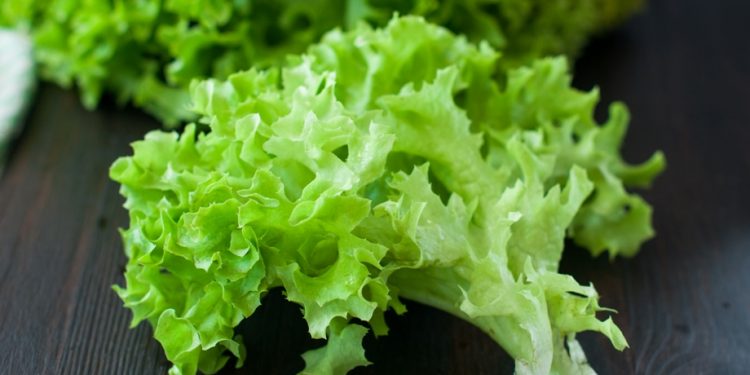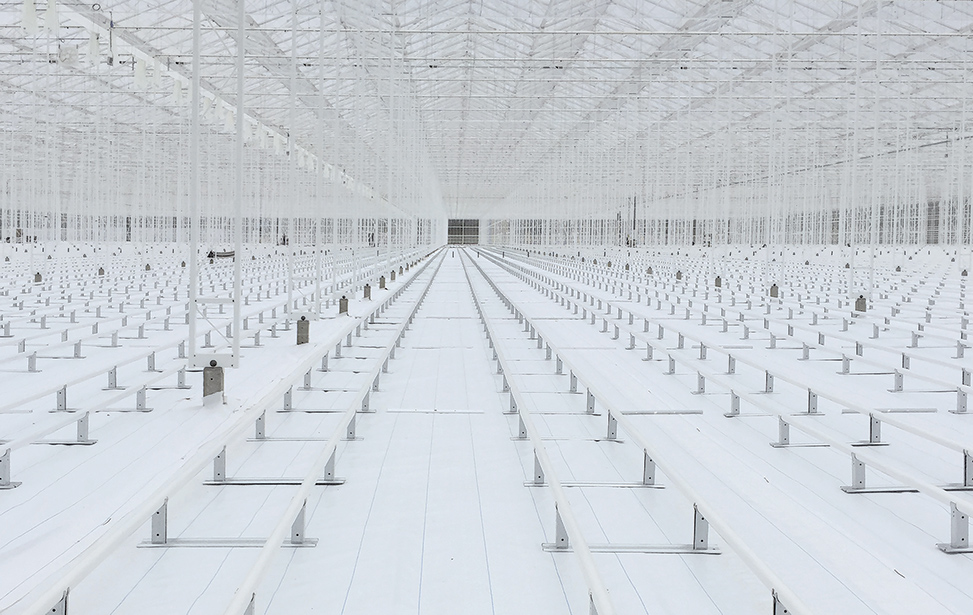#ClimateChange #GreenhouseCultivation #SustainableAgriculture #IndoorFarming #SupplyChainResilience #EnvironmentalAdaptation #AgriculturalInnovation #FoodSecurity #ClimateResilience #WendysInitiatives
In response to escalating climate change and the adverse impact of unpredictable weather patterns on lettuce crops, Wendy’s Co. is proactively exploring greenhouse cultivation for its US lettuce supply. The decision stems from the imperative need for stable and secure sources in the face of increasing weather-related disruptions. Chief Corporate Affairs and Sustainability Officer, Liliana Esposito, highlighted the urgency, emphasizing the importance of a dependable and less volatile supply chain.
Outdoor crops, essential to Wendy’s offerings, are facing mounting challenges due to extreme weather events. California wildfires, for instance, have led to lettuce contamination, rendering crops unfit for consumption due to ash residue. Additionally, issues such as water scarcity and fluctuating temperatures are further exacerbating the situation. In contrast, indoor cultivation significantly mitigates these risks, ensuring a consistent supply unaffected by external environmental factors.
Wendy’s has already incorporated tomatoes from hydroponic greenhouses in North America, a successful initiative that underscores the viability of indoor farming. Furthermore, the company has transitioned its Canadian lettuce supply indoors in recent years, reflecting a strategic shift towards sustainable and controlled environments. However, the challenge lies in the current lack of capacity for greenhouse lettuce cultivation in the US. Consequently, Wendy’s is actively seeking new lettuce growers to diversify its supplier base and strengthen its resilience against climate-induced adversities.
Wendy’s proactive approach to tackle climate change-induced challenges exemplifies the necessary adaptability in the agricultural sector. By embracing greenhouse cultivation, the company is not only ensuring the availability of high-quality lettuce but also contributing to a more sustainable future. This strategic shift underscores the crucial role that controlled indoor environments play in securing the global food supply chain against climate-related disruptions.










